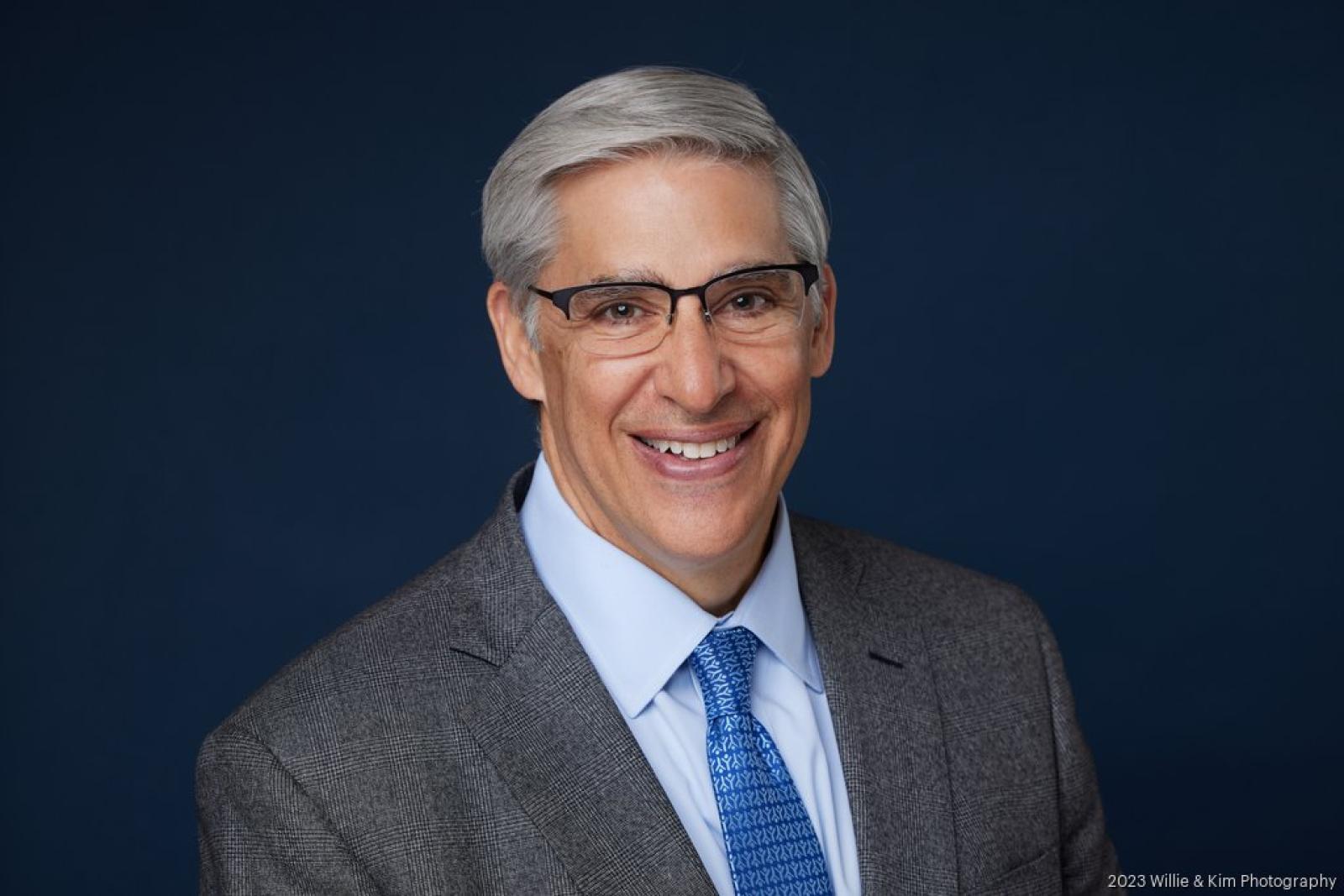Despite recent backlash, CEOs reconsidering ESG initiatives should note that 70% acknowledge their positive financial impact. Gerald Chertavian emphasizes that ESG investments benefit both businesses and society. Companies partnering with Grads of Life, like those in the OneTen coalition, demonstrate how ESG practices drive profitability and social impact. Chertavian urges CEOs to prioritize long-term corporate practices over short-term political concerns for sustained success.
Back to Newsroom



Year Up founder, CEO Chertavian writes: There's no going back on ESG

